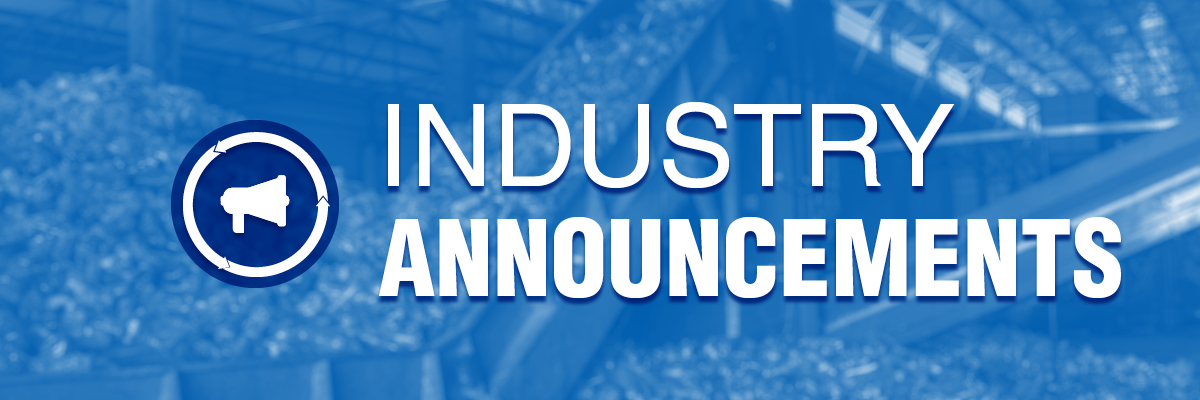


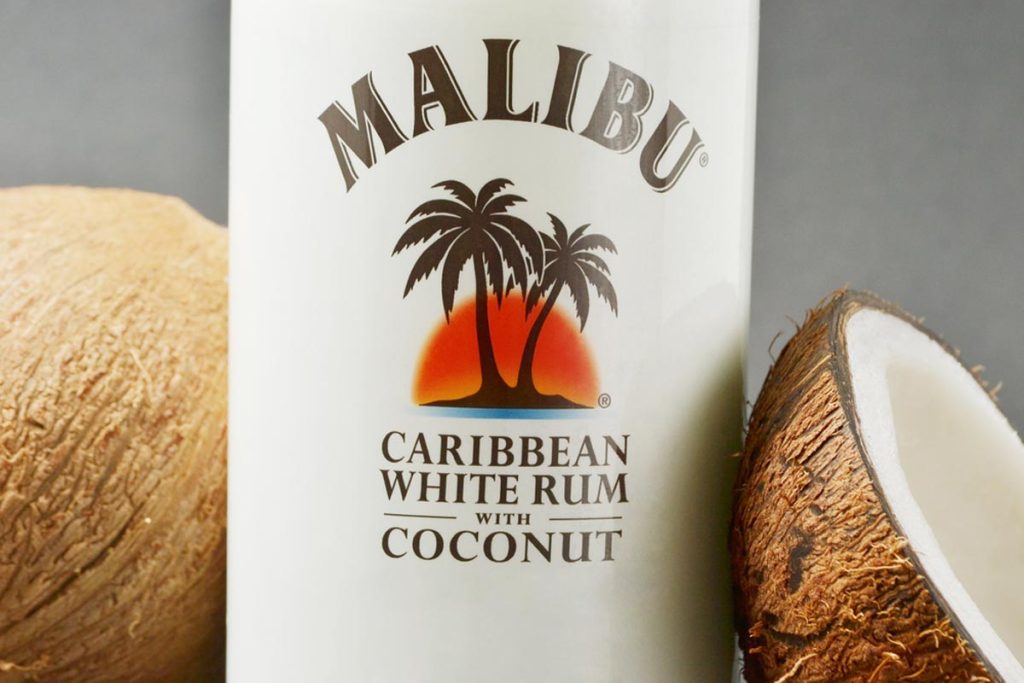
Absolut’s original goal was to include 25% recycled plastic in its packaging by 2025; Malibu is currently at 30%. | By Jfanchin/Shutterstock
The Absolut Company is looking at a variety of ways to make its packaging more sustainable, including increasing recycled content and switching to clear PET. Continue Reading

Calhoun, Ga.-based Mohawk Industries attributes weak demand for carpet to interest rate increases, high inflation and reduced consumer confidence in the U.S. and Europe. | Casimiro PT/Shutterstock
Flooring market conditions have worsened faster than Mohawk Industries expected, leading to longer-than-anticipated idling of its carpet factories, the company announced. Continue Reading
 The late-2022 rise in PET prices has extended into the new year, with the recovered plastic grade seeing a 12% bump this month. Continue Reading
The late-2022 rise in PET prices has extended into the new year, with the recovered plastic grade seeing a 12% bump this month. Continue Reading

The leader of the nation’s largest recycling collector says the firm is continuing to push to strengthen its recycling business even as the industry shifts.
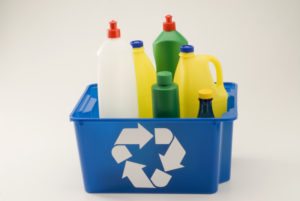 Half of all plastic packaging could be profitably recycled if improvements are made to its design and to recovery systems, according to a report. Continue Reading
Half of all plastic packaging could be profitably recycled if improvements are made to its design and to recovery systems, according to a report. Continue Reading
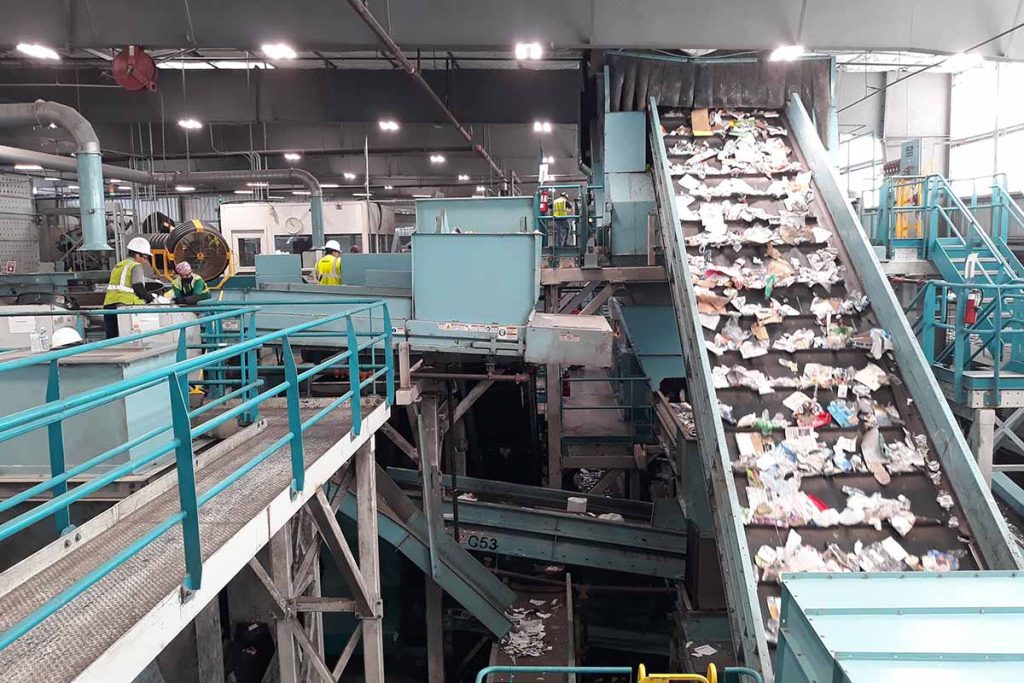
Balcones Resources’ materials recovery facility (MRF) in Austin, Texas is one of a dozen recycling facilities now owned by newly launched company Circular Services. | Jared Paben / Plastics Recycling Update.
Last year’s launch of Circular Services created a new family of varied recycling companies, yet they’re all focused on a circular economy and are fueled with hundreds of millions of dollars in fresh capital.
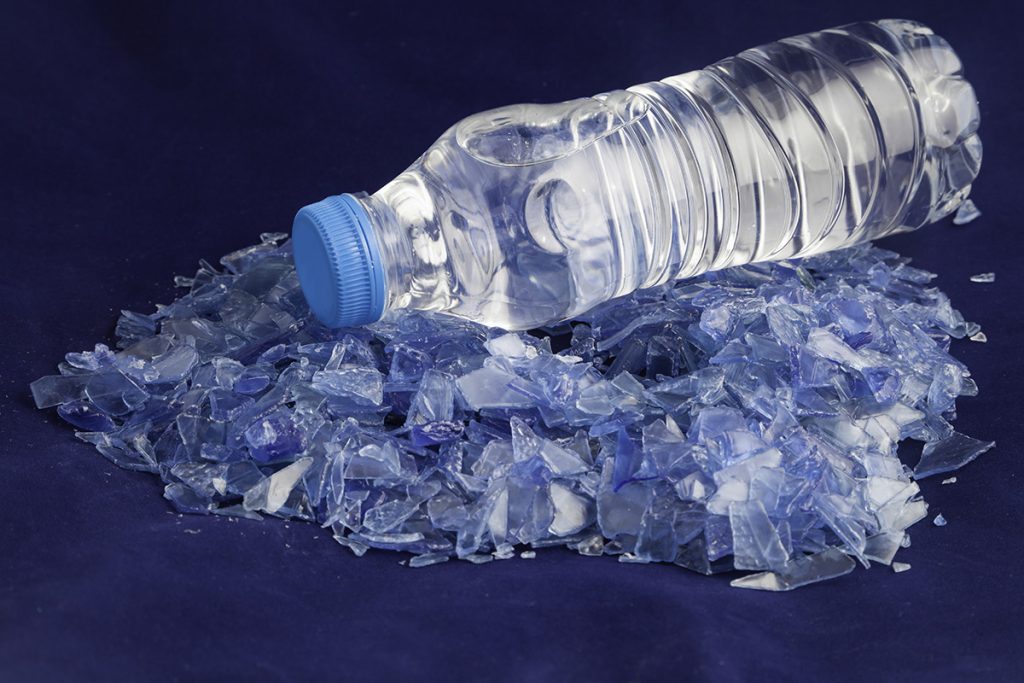
D&W Fine Pack has used RPET for roughly a decade, and is now ramping up its use of post-consumer resins in response to growing demand. | Aykut Erdogdu/Shutterstock
A multi-million-dollar equipment investment is enabling D&W Fine Pack to recycle post-consumer PET flakes into 100% recycled content food packaging. An executive at the company described the project and the benefits it will bring.
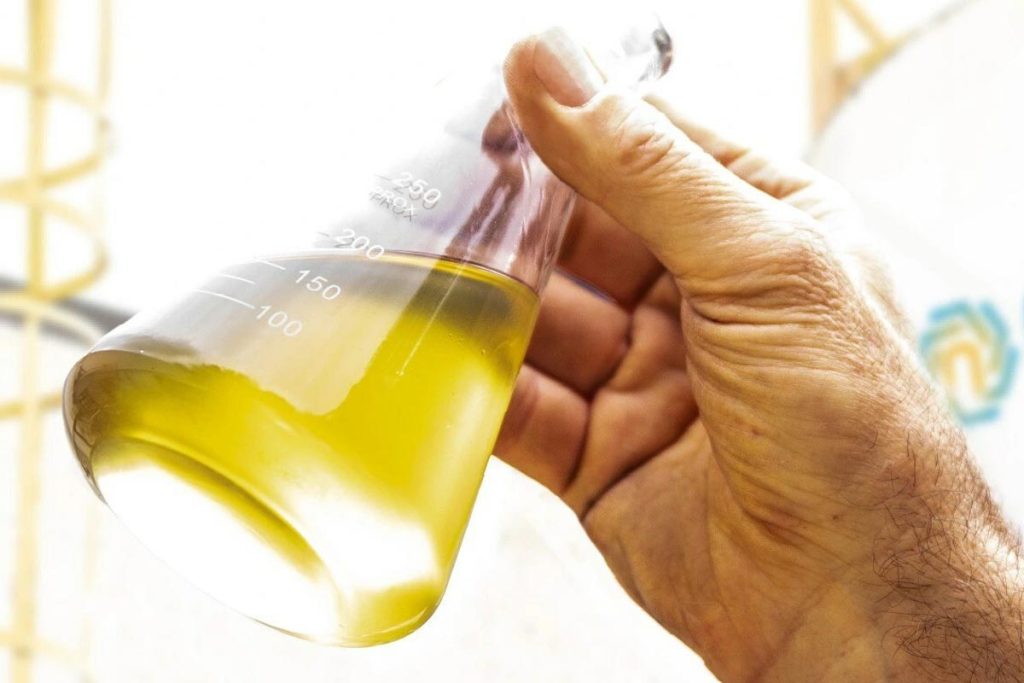
Nexus Circular uses a pyrolysis technology to process scrap plastics into an oil that plastics producers can use to make new polyolefins. | Courtesy of Nexus Circular
Atlanta-based Nexus Circular has received a $150 million investment from a diversified global company, which will become its new owner. Continue Reading
